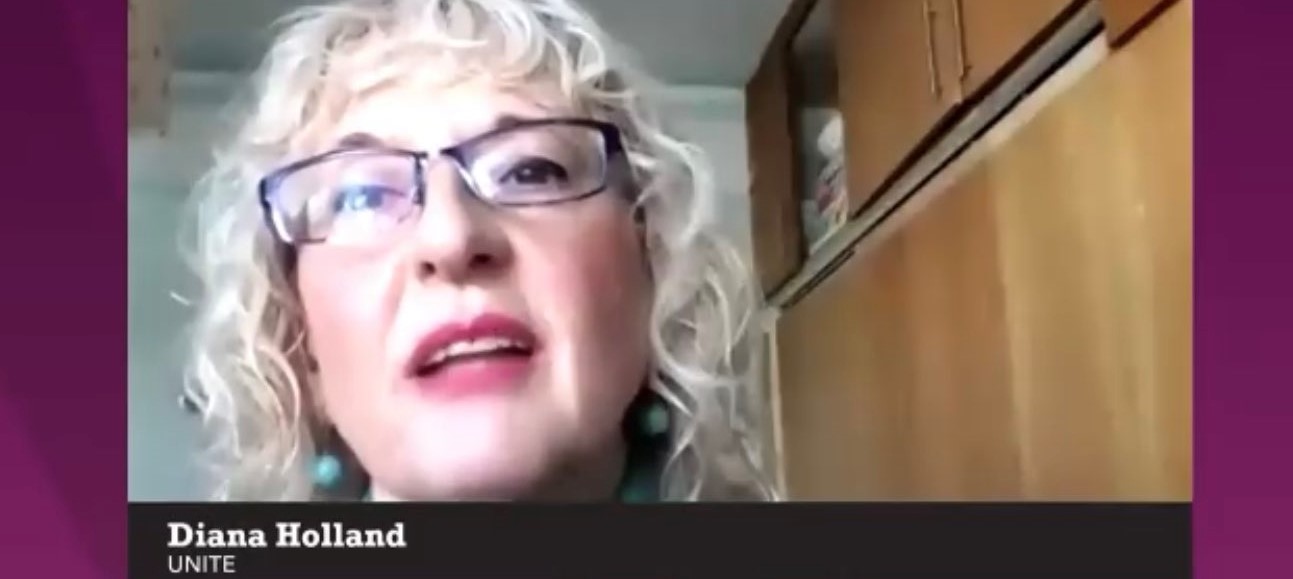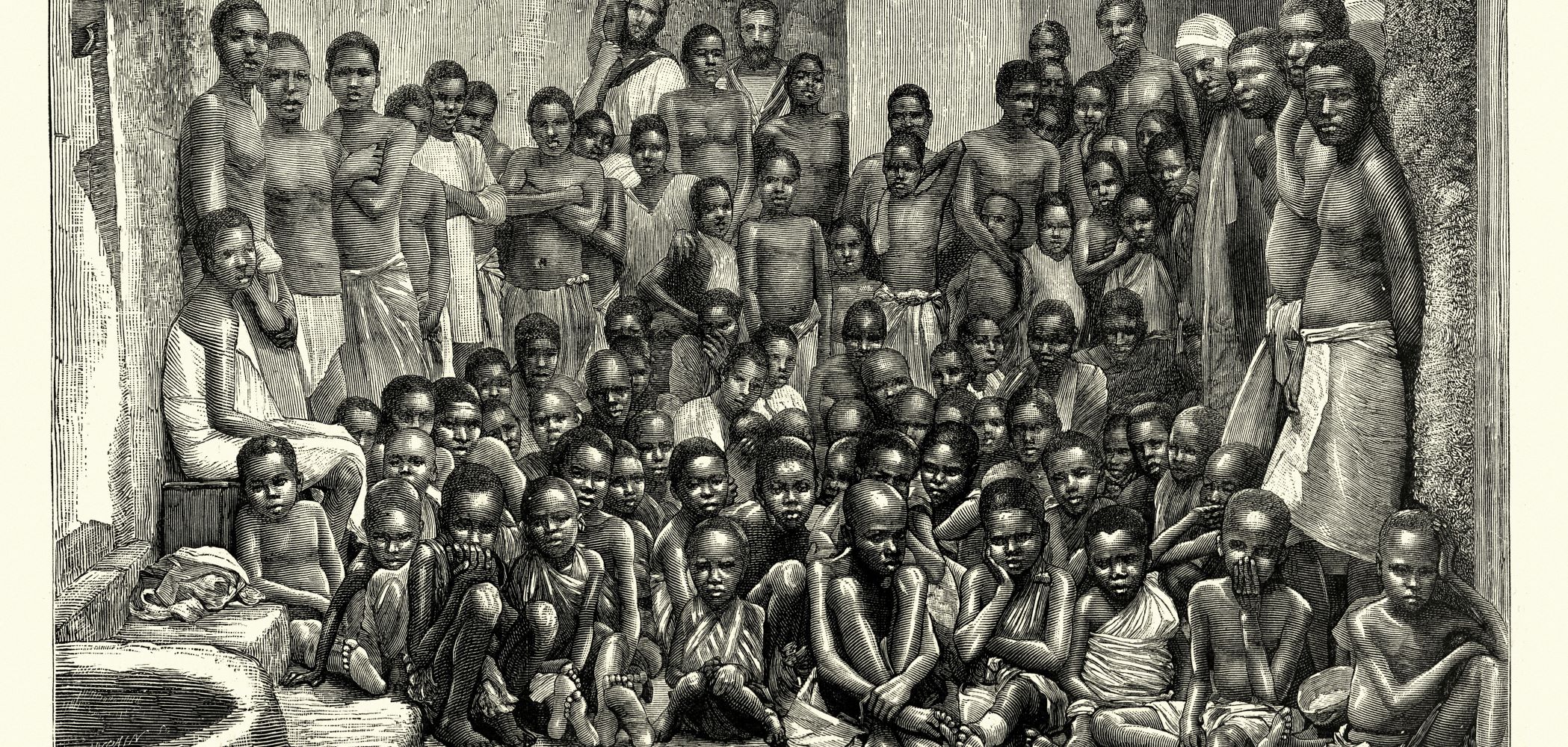â€Hidden because of fear’
Between 2012 and 2015 hate crimes against transgender people more than doubled, according to Home Office figures. But they do not tell the whole story: It is estimated that as much as 80 percent of transgender hate crimes go unreported, with a third of trans people experiencing transphobic abuse every year.
“High levels of transphobia are experienced by individuals on a daily basis (including in the provision of public services) with serious results. About half of young trans people and a third of trans adults attempt suicide.
The recent deaths in custody of two trans women, and the case of a trans woman who was placed in a men’s prison, are particularly stark illustrations of the issues,” concluded a parliamentary review into transphobia released in January.
During Lesbian Gay Bisexual and Transgender History Month, the progression Britain has made towards being a society which treats people equally regardless of their sexuality, should be lauded. It is equally important, however, to recognise that many of those gains have yet to be felt by the transgender community.
And the message from the trans community? Watch this space.
“2015 was the year we all came out and stood up for ourselves. There was much more coverage of trans issues in the media. This year has started in the same vein. We were hidden so long because of fear,” commented Unite rep and trans activist Michelle Winstanley (pictured).
“We’re still 20 to 30 years behind the other three members of the LGBT quartet. Before there was a feeling that if we stuck our heads out, then maybe someone will knock them off. But now the younger generation are saying â€I’m not having this. I need to live my life the way I want to.”
One of the resources young trans people are utilising is the knowledge of older members of the community, says 60-year-old Michelle. In an often hostile world the trans community is unsurprisingly close knit. Support for young people who are just coming to terms with being transgendered is particularly important.
“One of the groups I go to in Manchester has an offshoot that supports trans teenagers. In those meetings you can tell if someone’s just turned up because they’re scared to death,” explained Michelle.
“By the time they’ve got the first meeting over with, when they’ve met a few golden oldies who’ve been there, done it and read the book, they go out with their heads up, looking at the world. They’re not staring at the floor like they were when they came in.”
The same goes for organising and fighting oppression. “The old ones are giving them the bullets to fire, if you like. Giving them guidance on how to do it. We’re right behind them,” says Michelle. It’s something she knows about, having been a trade unionist for 42 years, and it’s clear Michelle is passionate about supporting young trans people.
Daunting
Michelle transitioned six years ago and during the process received a lot of support from both her employer and from within Unite. But even with the support she received, after working at the same warehouse for 27 years as a man, the thought of returning as a woman was daunting.
Before all that, however, was the most daunting task of all. Michelle had to tell Geraldine, her wife of 34 years, that she was transgendered and wanted to transition.
“I fought it for many many years and got on with my life, dressing when I could. Then I reached the stage where I’d had enough,” Michelle said.
“I sat Geraldine down and told her I was transgender and I couldn’t go on living like this. People talk about the biggest thing they’ve ever done – that was the biggest thing I’ve ever done. I could have lost everything. She could have said bye and walked away but she didn’t. In many ways we’re closer than ever – the amount of help she has given me is unbelievable.”
Michelle is aware that other trans people may not be blessed with such a supportive spouse. On top of facing widespread prejudice in society, trans people also face systemic discrimination in the NHS and the legal system.
One issue Michelle would dearly like to see resolved, is the need for one spouse to grant permission if the other wants to have their gender officially changed – a legislative loophole that can leave a trans person without legal gender recognition and facing costly court proceedings, if there is discontent within the marriage.
Despite living in a society where trans people live in fear of persecution and are hindered by unfair laws and systems, Michelle says that she has been helped enormously by her colleagues at Unite.
She said: “I can’t thank them enough for all their support.”
 Like
Like Follow
Follow


